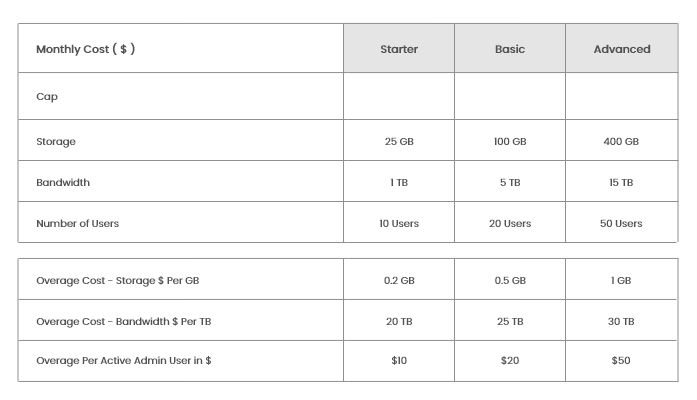



Will Having a Blog Section Improve Your SEO?
A regularly updated blog area is a powerful trust indicator...
Given that Google loves content, it stands to reason that a blog section with regularly updated original content would be great for your website's SEO. However, there are a few things to watch out for and a few reasons why we don't automatically advise adding a blog to every new website we develop.
Excellent Content
Because it is aware that most internet users truly value well-written and practical guides, articles, and information, Google adores high-quality content. It is aware that people connect to thorough and original information and that less-interesting stuff is that which is poorly written and plagiarised.
Due to Google starting to treat pages with less than 250 words as blank and occasionally even returning a "Soft 404" error that the page doesn't exist, you would need to make sure your blogs have at least 250 words. Although a blank page is more usual, it's recommended to aim for 400–600 words for a blog post to make Google satisfied that the material is beneficial to everybody who visits.
You should also make sure to spell-check your text and check your grammar. Google will also look into these issues and favours placing better-quality content higher in the rankings.
In addition to Google giving you a higher ranking for your content if it is high-quality and original, building inbound connections from other websites and social media platforms gives you the opportunity to increase your material's link popularity, which makes Google happier overall.
Consistent Content
Making ensuring your blog postings are frequent is the second essential component for blogging. If you leave large irregular gaps in the time of your blog entries, you may actually wind up doing more harm than good to your rankings because Google loves content but is aware of what a blog is and the dates of your most recent uploads.
You need to be familiar with Google's indexing and website tracking processes in order to comprehend this. In the beginning, Google sends its robots to scan and catalogue the content of websites. The robot will then be sent back at a later time to look for fresh content. If it discovers that the material in a particular section has changed, it will send a robot back right away to determine if the content has changed again. If you use this strategy and it notices that you frequently change the material, it will return. Daily blogs have been proven to encourage Google to visit the website on a daily basis since it picks up on the schedule and wants to read the fresh content as soon as it is published.
Because of this, if you don't update your blog for months or years, Google will notice that you've stopped adding to it and won't visit your website again. They will also be aware that a visitor to your website might find an outdated blog section to be a little unsettling, which will reduce Google's likelihood of giving you a high ranking. A regularly updated blog area is a powerful trust indicator for website visitors and potential clients, plus it makes Google happy and encourages it to visit your website more.
A Good Blog or Nothing at All
Given the aforementioned requirements, creating a high-quality, frequently updated blog may start to look difficult. It doesn't have to be; if you can schedule in one blog a month and produce four high-quality posts in one sitting, that's a fair minimum to aim for that will satisfy Google and not take up too much of your time. In order to ensure that your blogs are of the highest calibre and to aid in your SEO efforts, we often advise collaborating with an SEO professional. For some businesses, we also advise outsourcing blog writing so they can concentrate on managing the business rather than worrying about content.
For some businesses, if they are unable to write their own blogs or hire writers, we advise against having a blog section and instead encourage them to provide content and resources for their website in other ways. By adding information elsewhere on the website, you are more free to do it whenever you want and not worry about timeliness since Google does not require a "resources" section to be updated at specific times.
Fundamentally, a blog that is well-written and consistently updated may do wonders for your SEO, and in many business niches, you will need one to compete in Google. If you're creating a blog section, you should look at your available resources in advance to make sure your objectives match the type of content you can produce.
Hocalwire CMS handles the technical parts of keeping Large Sitemap, Indexing pages for Google, Optimizing page load times, Maintaining assets and file systems, and Warning for broken links and pages while you handle all these non-technical components of SEO for Enterprise sites. If you're searching for an enterprise-grade content management system, these are significant value adds. To learn more, Get a Free Demo of Hocalwire CMS.

